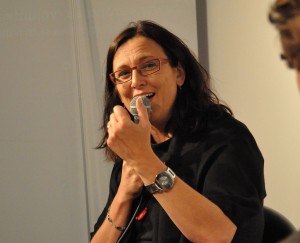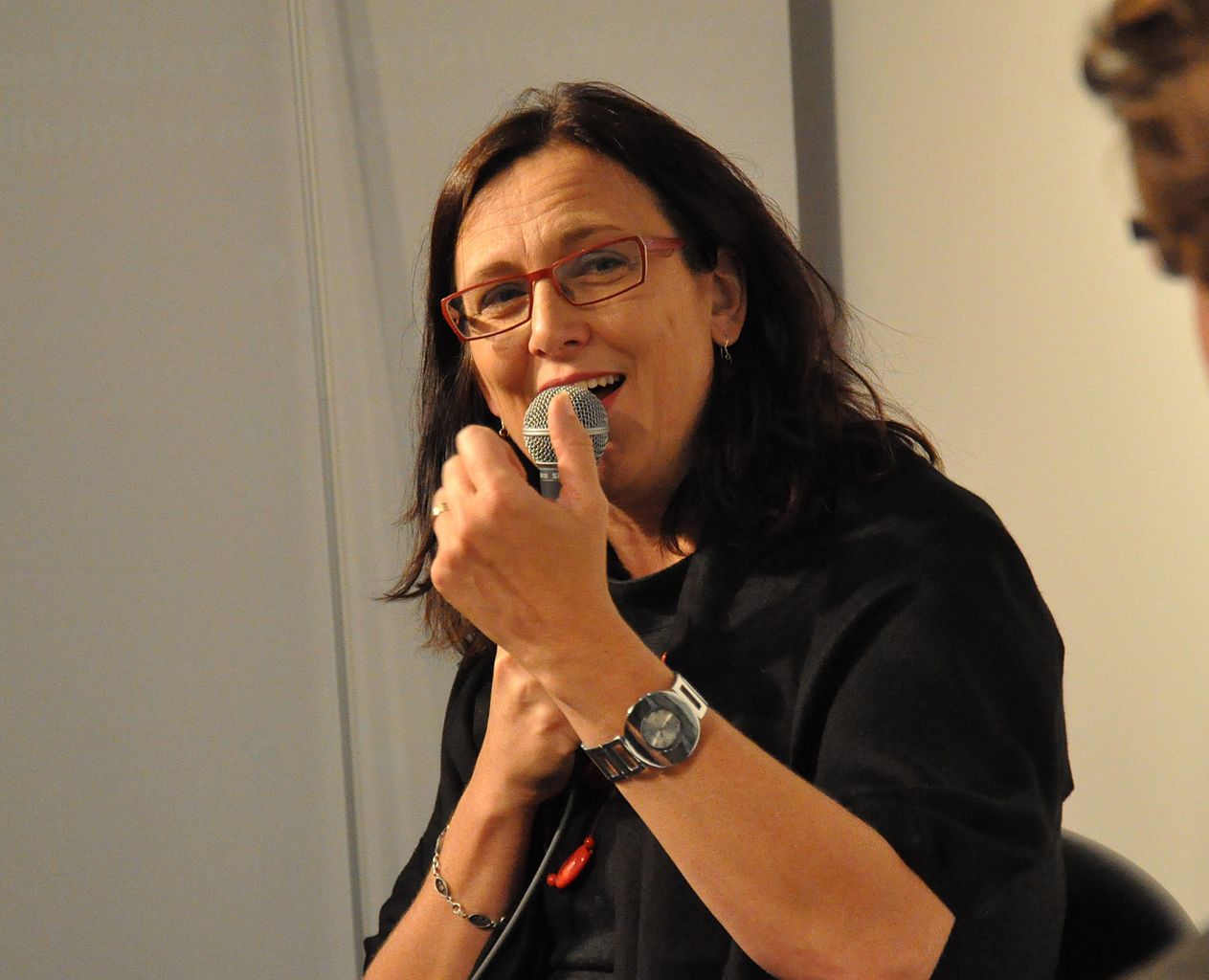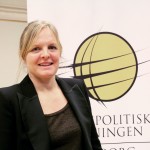 When I start off the interview by asking the Swedish commissioner to the EU Cecilia Malmström to describe her work in a few words, she smiles, gives a short laugh, and answers:
When I start off the interview by asking the Swedish commissioner to the EU Cecilia Malmström to describe her work in a few words, she smiles, gives a short laugh, and answers:
– I’m primarily responsible for two questions: Migration and asylum, and crime fighting.
Malmström gave a lecture hosted by the UF on March 4th in front of a big audience. Considering the high interest in her lecture, I ask her why she thinks that the European politics she works with is something that concerns us.
– Just seeing beggars in the street shows us complicated networks of trafficking. That’s an issue that is difficult to solve as a country, since it’s something that goes across the borders.
How does it feel to be responsible for such big issues?
– In a way it’s very grateful to work with, since the countries realize that we need to work together. It easily becomes emotional (like trafficking) and in that way personal. Sometimes you feel helpless when you realize you can´t help everybody, but in general it feels like we are making a difference.
When Cecilia doesn’t want to answer the question about how the job as a commissioner and the responsibility for these issues is changing her as a person, I realize that she is the politician and that I am the reporter from the magazine Utblick. Maybe the silent pause she makes in combination with the expression in her face is more interesting than a simple answer could have been? She certainly looks uncomfortable with the question.
I continue with the more comfortable question about the biggest difficulties in your work:
– The biggest problem is the xenophobia. But it changes over time. Today it’s no longer a taboo in the governments and countries to talk about trafficking. And the countries are more involved now than before. I actually succeeded in making a suggestion into law in 8 months, which is considered fast in the EU!
And what about the future?
– The crime side of our work shows a lot of organized crimes over the borders. So we want the police in different countries to work more together. Today the police in the different countries don’t trust each other.
As for migration, we want an EU where people feel welcome. An open Europe, which is easier to come to.
Cecilia’s secretary picks some candy from her bag. I see how the high heels she is wearing are untied and for a moment she gets comfortable in the seat like I would do in the couch in front of the TV.
Regardless of my opinions about Cecilia or the work that the EU does in general, there was one thing she said repeatedly that really made an impression on me.
– We need to remember that we’re talking about human beings.
Interview by: Lina Alsterlund




